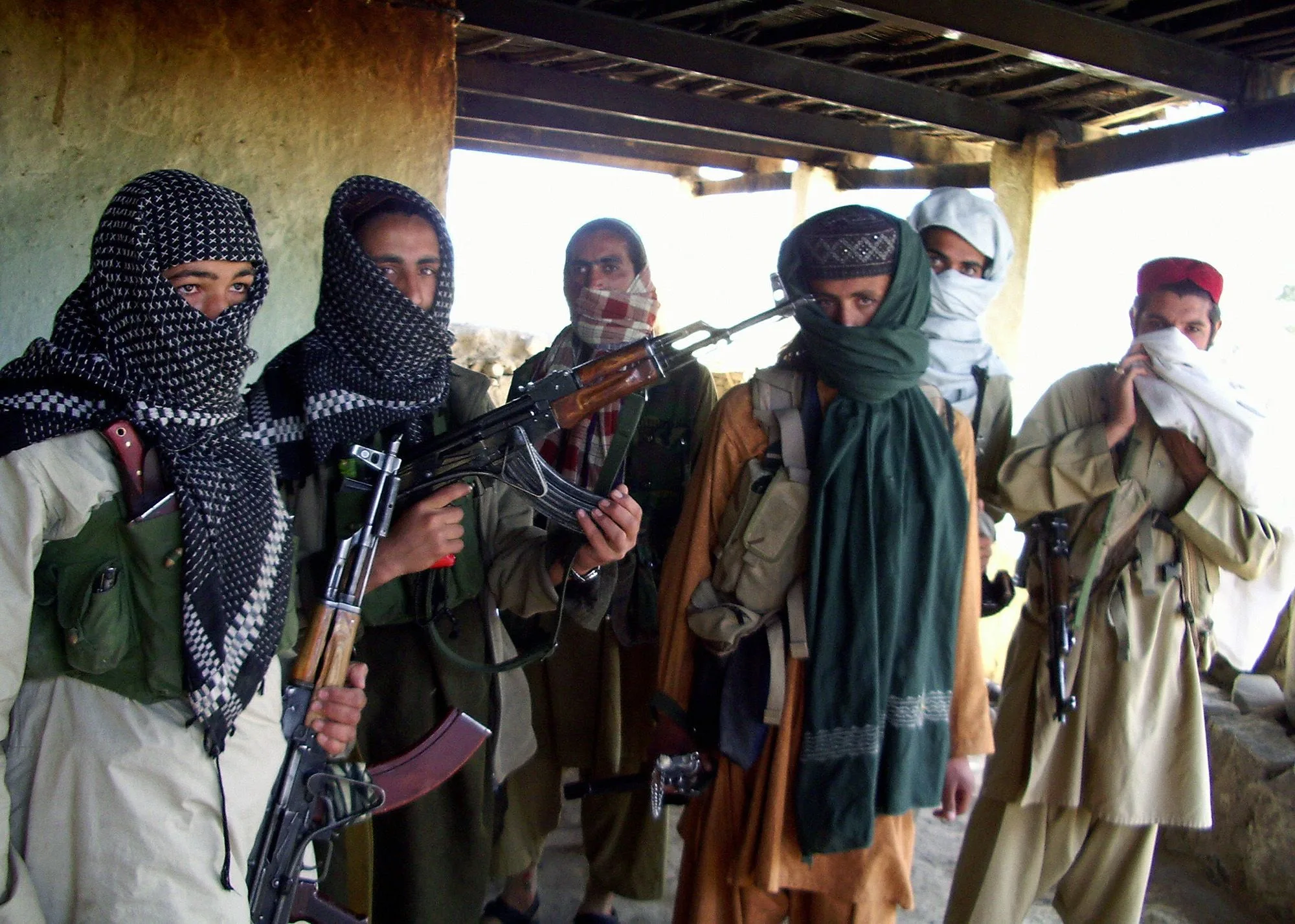
Pakistan’s Defence Minister Khawaja Asif recently issued a stern warning regarding the escalating tensions between Pakistan and Afghanistan. Highlighting Pakistan’s willingness to conduct cross-border strikes, Asif asserted that nothing is more important than Pakistan’s sovereignty. This statement underscores the increasing strain in relations between the two neighbors, primarily fueled by security concerns and the activities of militant groups.
During a recent interview, Asif emphasized the potential for cross-border military action to counter threats emanating from Afghan soil. He argued that Pakistan must prioritize its national interests, particularly in light of the alleged use of Afghan territory by militant groups to launch attacks on Pakistan. “It is also a violation of international norms when Afghan soil is used to export terrorism, with those responsible receiving protection and safe havens by the people there,” Asif stated, underscoring the severity of the situation.
Asif categorically rejected the possibility of dialogue with the Tehreek-e-Taliban Pakistan (TTP), an armed group accused of orchestrating attacks from Afghan territory. He highlighted the lack of common ground for negotiations, stating, “There is no chance of a dialogue with them. What do we talk about, we need to have a common ground to speak to them.” This firm stance reflects Pakistan’s frustration with the persistent threat posed by the TTP and the lack of cooperation from the Afghan Taliban.
Pakistan’s renewed military operation, Azm-e-Istehkam, launched to curb escalating violence since the TTP ended a ceasefire in November 2022, marks a significant escalation in the country’s efforts to combat militant activities. Founded in 2007, the TTP has long been a thorn in Pakistan’s side, advocating for the reversal of the merger of the northwestern tribal regions with Khyber Pakhtunkhwa province and stricter enforcement of their interpretation of Islamic laws. Pakistan has repeatedly accused the Afghan Taliban of providing safe havens to the TTP and facilitating cross-border attacks. Since the Afghan Taliban’s takeover in August 2021, these accusations have only intensified. The Taliban, however, consistently denies these allegations. Despite these tensions, Pakistan remains committed to engaging with Afghanistan, as evidenced by recent diplomatic efforts and planned delegations to Kabul.
The deteriorating relationship between Pakistan and Afghanistan is marked by frequent border skirmishes and closures of border crossings. In March 2023, Pakistan conducted air strikes inside Afghan territory in retaliation for attacks that killed seven soldiers in Pakistan’s North Waziristan district. The Afghan interim government condemned these strikes, claiming they targeted ordinary Afghan homes and calling Pakistan’s actions reckless.
Despite the rising tensions, Pakistan insists on maintaining diplomatic channels with Afghanistan. Foreign Minister Ishaq Dar, also serving as the deputy prime minister, reaffirmed Pakistan’s commitment to engaging with Afghanistan during a speech in the National Assembly. Dar announced plans for a delegation to attend United Nations-hosted talks with the Afghan Taliban in Doha, Qatar, emphasizing that Afghanistan remains a top priority on Pakistan’s agenda.
However, experts like Riccardo Valle from The Khorasan Diary caution that military operations like Azm-e-Istehkam may have unintended consequences. Valle argues that past air strikes targeting TTP militants have not only failed to weaken the group but have also provoked strong propaganda responses. He warns that the operation could strain Pakistan’s relations with the Afghan Taliban and might not effectively reduce violence.
Pakistan has experienced a surge in violence over the past 18 months, with more than 700 attacks reported in 2023 alone, resulting in nearly 1,000 deaths, primarily among law enforcement personnel. Despite numerous delegations to Kabul and high-level visits by officials like Khawaja Asif and intelligence chief General Nadeem Anjum, mutual distrust between Pakistan and Afghanistan persists.
The close relationship and shared ideology between the TTP and the Afghan Taliban complicate efforts to address the security challenges. Valle points out that the Afghan Taliban’s reluctance to crack down on the TTP is rooted in their ideological alignment and historical ties. This dynamic makes it challenging to envision a scenario where the Afghan Taliban would take decisive action against the TTP.
The escalating tensions between Pakistan and Afghanistan highlight the complex and precarious nature of their relationship. While Pakistan’s firm stance on sovereignty and security is understandable, the potential consequences of military operations on diplomatic relations and internal stability cannot be ignored. As the situation unfolds, it remains crucial for both nations to navigate these challenges carefully, prioritizing dialogue and cooperation to ensure long-term peace and stability in the region.
